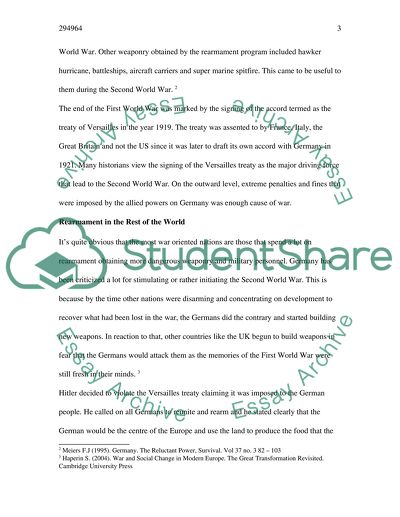Cite this document
(“The Role of Rearmament in International Relations Essay”, n.d.)
The Role of Rearmament in International Relations Essay. Retrieved from https://studentshare.org/miscellaneous/1526492-the-role-of-rearmament-in-international-relations
The Role of Rearmament in International Relations Essay. Retrieved from https://studentshare.org/miscellaneous/1526492-the-role-of-rearmament-in-international-relations
(The Role of Rearmament in International Relations Essay)
The Role of Rearmament in International Relations Essay. https://studentshare.org/miscellaneous/1526492-the-role-of-rearmament-in-international-relations.
The Role of Rearmament in International Relations Essay. https://studentshare.org/miscellaneous/1526492-the-role-of-rearmament-in-international-relations.
“The Role of Rearmament in International Relations Essay”, n.d. https://studentshare.org/miscellaneous/1526492-the-role-of-rearmament-in-international-relations.


